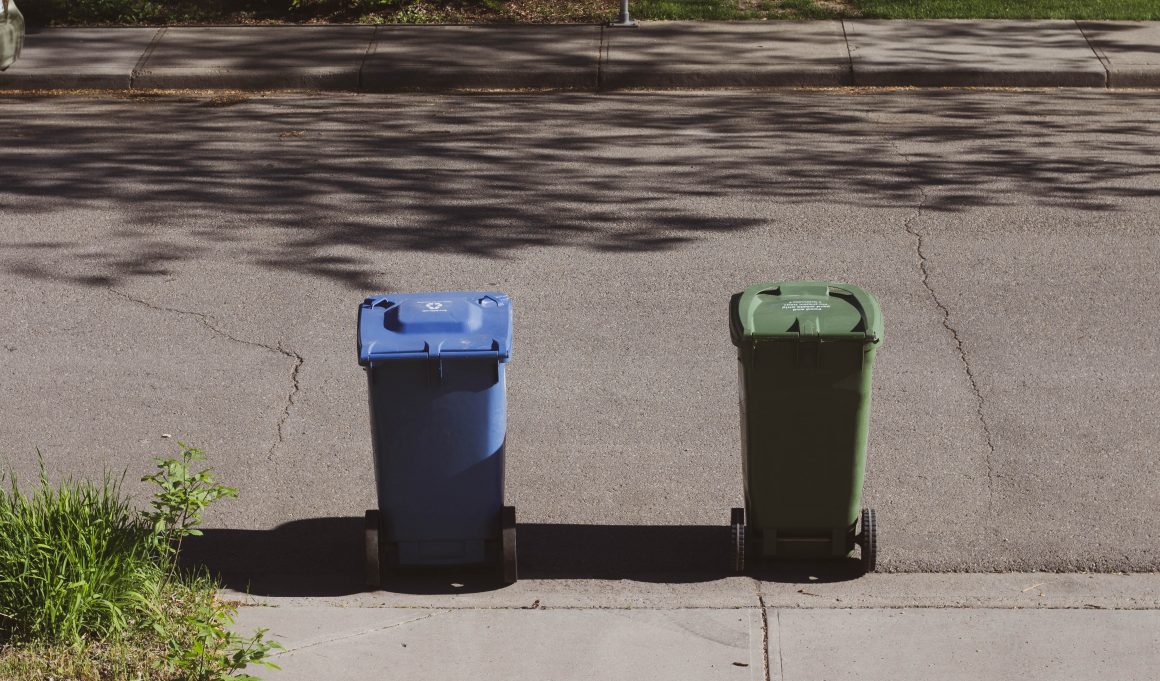
Hunter Hub hosts zero waste campus challenge
By Danise Simpelo, June 3 2021—
The Hunter Hub for Entrepreneurial Thinking hosted a three day virtual event to help make the University of Calgary a zero waste campus. This event gave undergraduate, graduate and postdoctoral scholars the opportunity to collaborate in teams or work independently to create a proposal that would help meet UCalgary’s zero waste goal by 2030.
The winners of this event were Team 8, Team 18, Team 19 and Team 13 whose project proposals involved a Zero Waste education app, turning MacHall waste-free, reducing paper usage on campus and using the reduce-reuse-recycle method through research.
From May 14 – 16, the Hunter Hub Solutions Lab gave participants the opportunity to hear from community speakers, attend proposal development workshops and attend feedback sessions with sustainability leaders from UCalgary.
The Zero Waste Challenge aimed to challenge their participants with developing an impactful and feasible project idea with clearly developed steps for implementation. With the financial support from Coca Cola, the Zero Waste Challenge was able to award a pool prize of $3,600 to the winning proposal project.
In an interview with the Gauntlet, Kevan Coyle, the event coordinator, emphasized the countless support that individuals would receive as he acknowledged that people may not have had experience with this type of workshop.
“At the end of the day, you are forging a new path,” said Coyle during the welcoming session. “You are going out into the unknown to sort of a degree. We want to make sure we are here to support you.”
Participants had the chance to hear from community leaders such as Shelby Montgomery from the Leftovers Foundation, Jodi Tomchyshyn London from the Recycling Council of Alberta (RCA), and Katelyn Adley from Doing It Right This Time (DIRTT) to name a few of the speakers in attendance.
Coyle shared insight on what inspired the Hunter Hub to create this event.
“We wanted to give students an opportunity to take an active role in creating impactful solutions for real-world problems using entrepreneurial thinking,” said Coyle. “With the development of the new Zero Waste Strategy at the University of Calgary underway, our teams at the Hunter Hub for Entrepreneurial Thinking, Office of Sustainability, Facilities Management and the Sustainable Energy Development program saw an opportunity to provide a hands-on learning experience for students to apply their knowledge and skills to a problem that affects our campus community and beyond.”
He explained that the members at Facilities Management would review all the submitted proposals and assess how these ideas can contribute to reaching UCalgary’s goal by 2030. The students who participated would be invited to programs such as Launchpad, which provides training, mentorship and resources that would provide students opportunities to transform their ideas into actions.
“Students at the University of Calgary bring valuable knowledge, skills and perspectives to the challenge,” said Coyle. “They are actively learning about new ways to address problems like these and are provided an opportunity to become part of the solution, which our team needs. Through initiatives like the Zero Waste Challenge, we are looking to develop the next generation of innovation and sustainability leaders.”
Coyle shared that the input and involvement was beneficial as the Hunter Hub are exposed to students’ thinking and their proposals. In terms of long-term goals, the Zero Waste Challenge will improve their abilities to tackle complex challenges in their future, whether it be in their professional or personal lives.
“That being said, students are also an important part of the campus and its culture — they should be included in conversations that will impact their experience here,” said Coyle. “If they have the opportunity to provide input into solutions, they take ownership of the activity, resulting in pride in their accomplishments and a higher probability of the solution being successful. Furthermore, they become motivated to offer their experience to help solve other campus or societal problems.”
For those who did not get the chance to participate in the Zero Waste project but want to get involved with living a zero waste life, Coyle recommends reaching out to the Office of Sustainability as a resource. Here, students are able to participate in a peer helper program or become involved as a sustainability ambassador. There is also an academic option called the Embedded Certificate in Sustainability Studies that gives students the opportunity to delve deeper into advancing sustainability.
To find out the members of each team, along with more details about their winning project proposal, click here.
